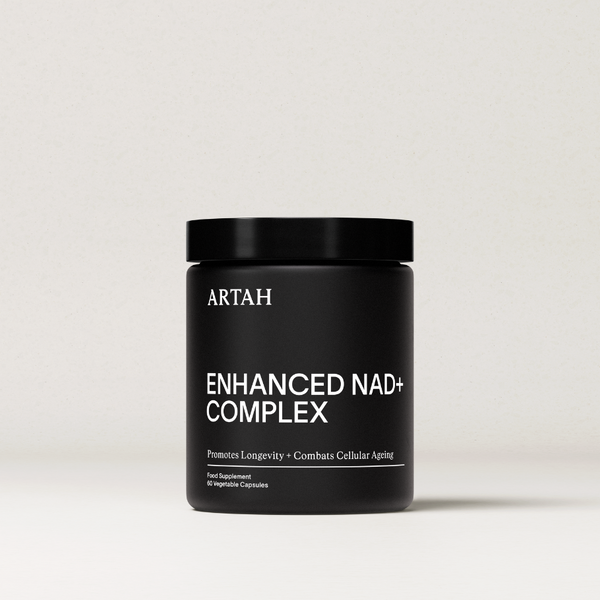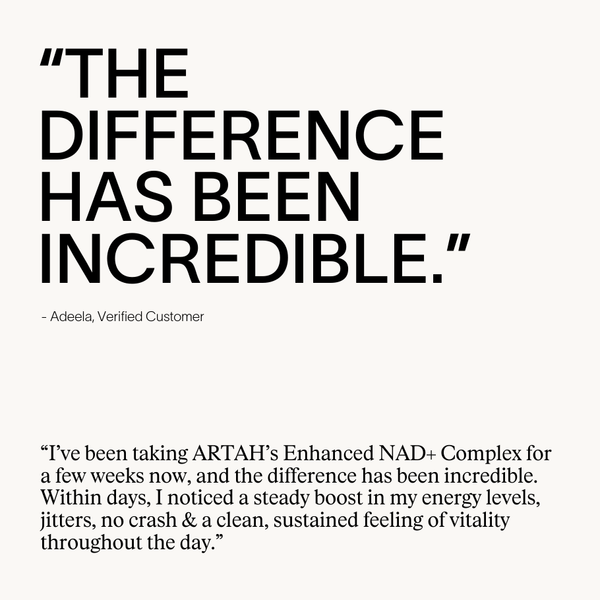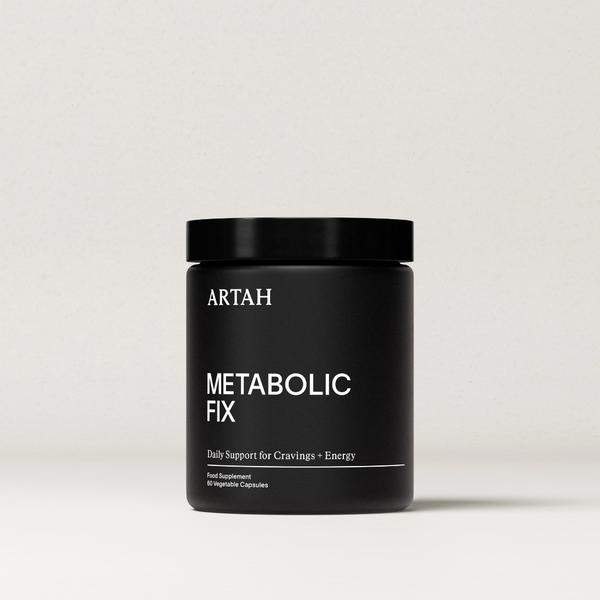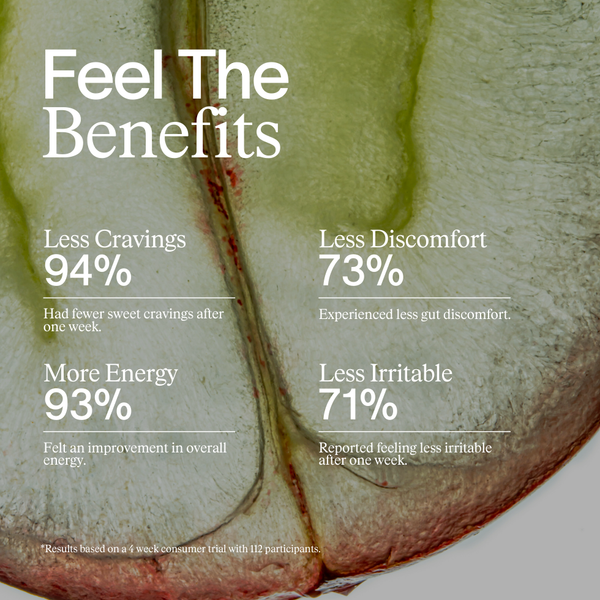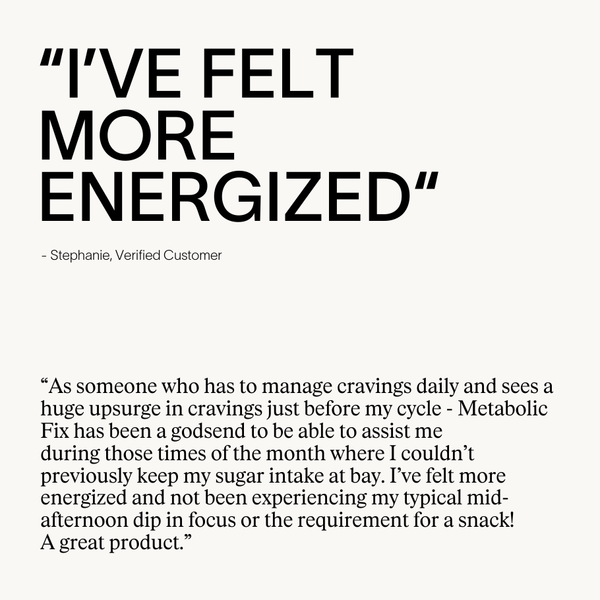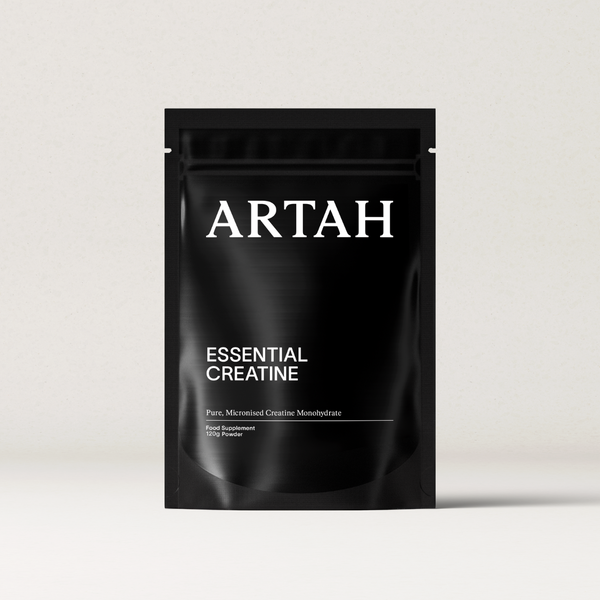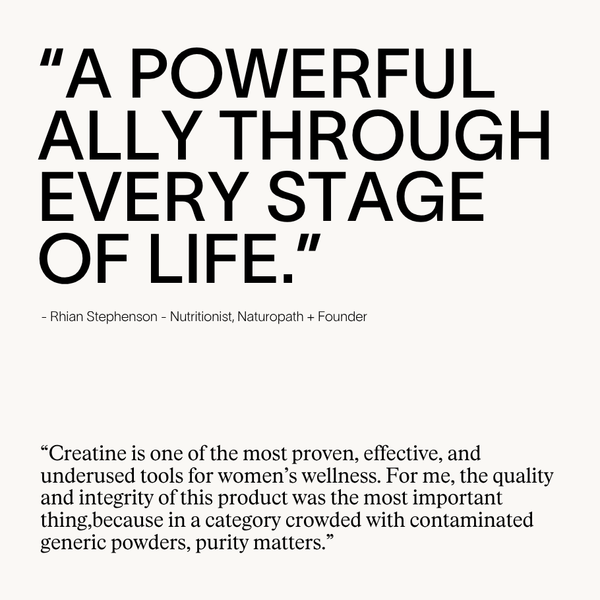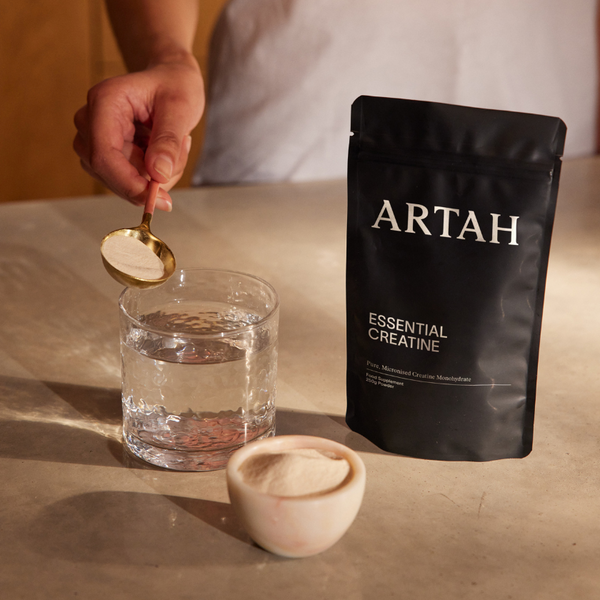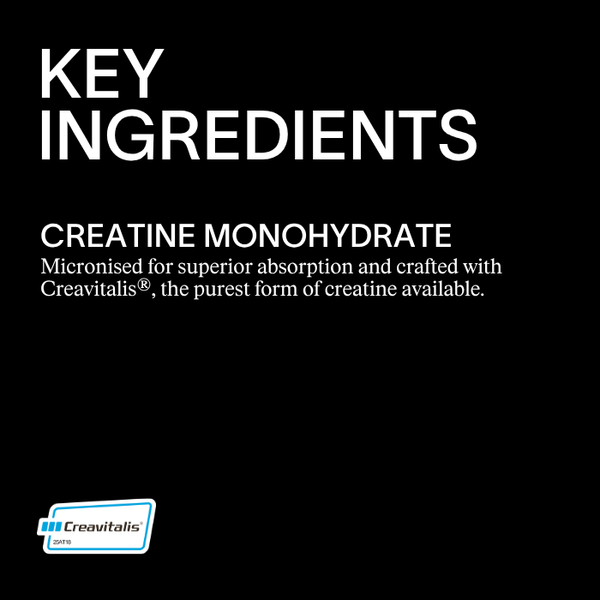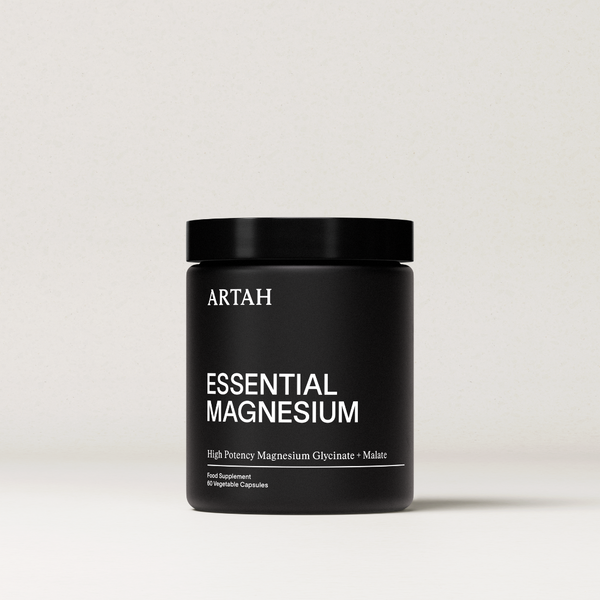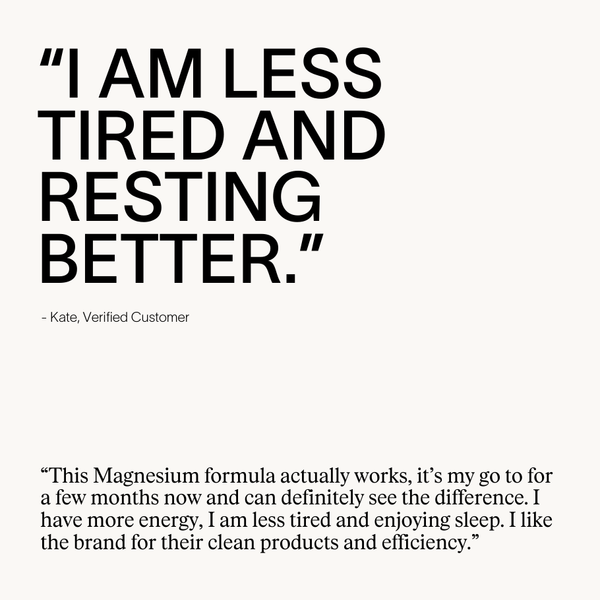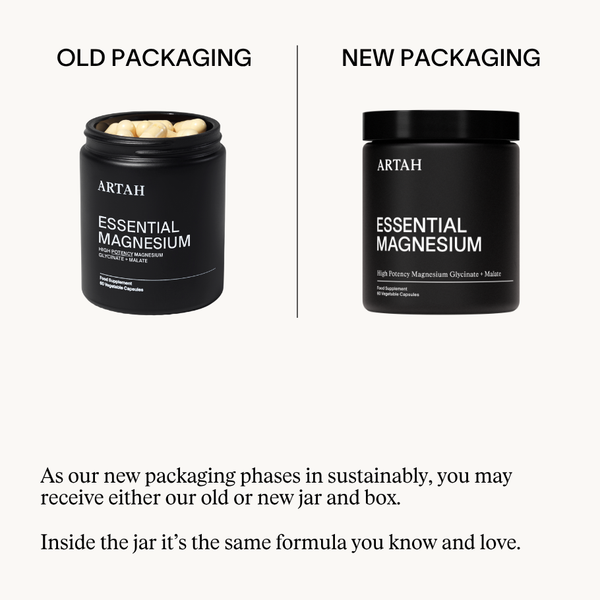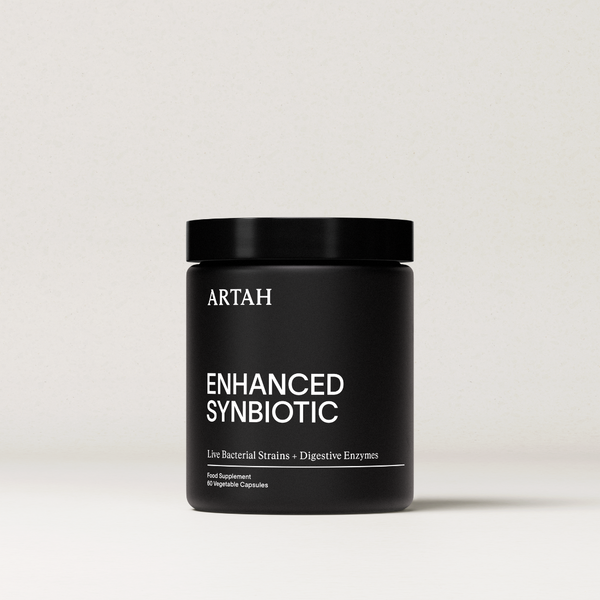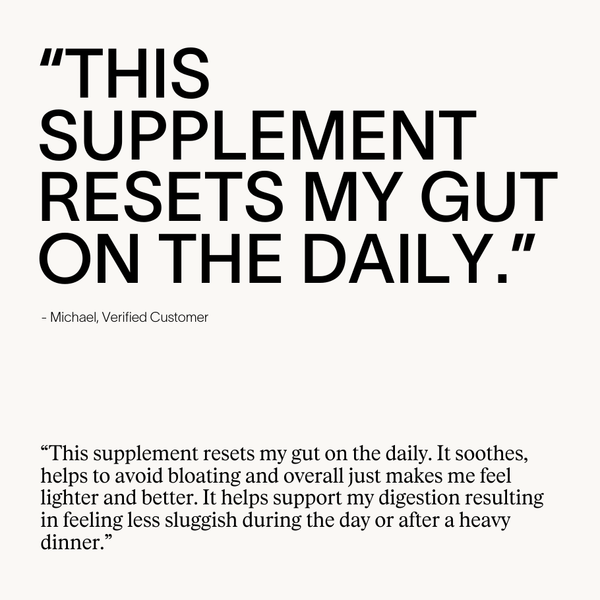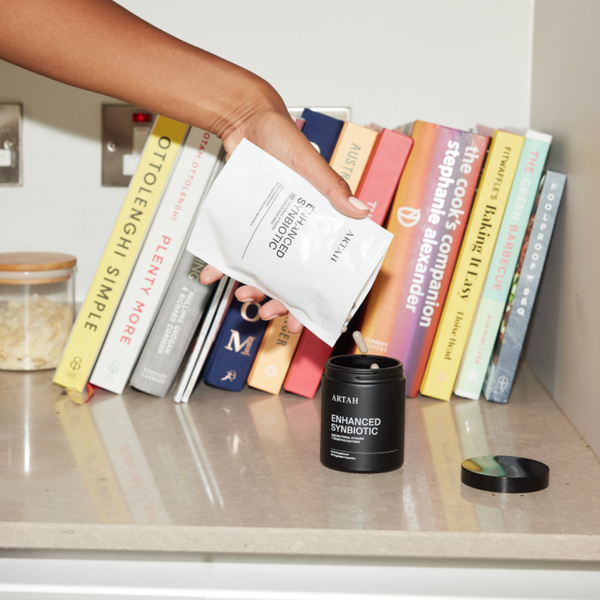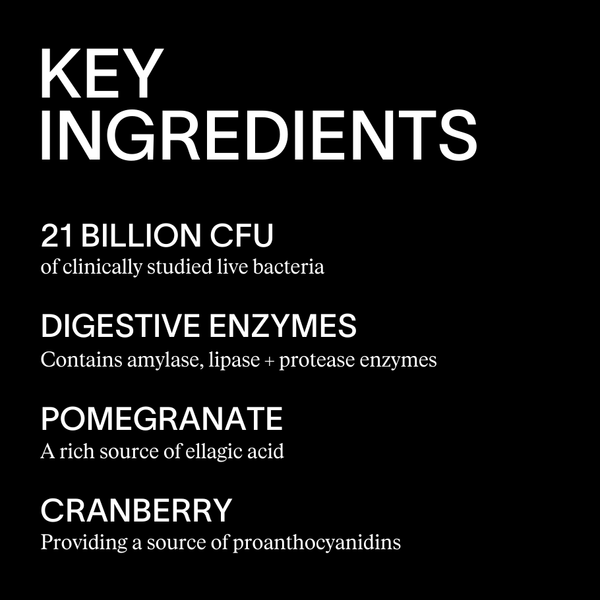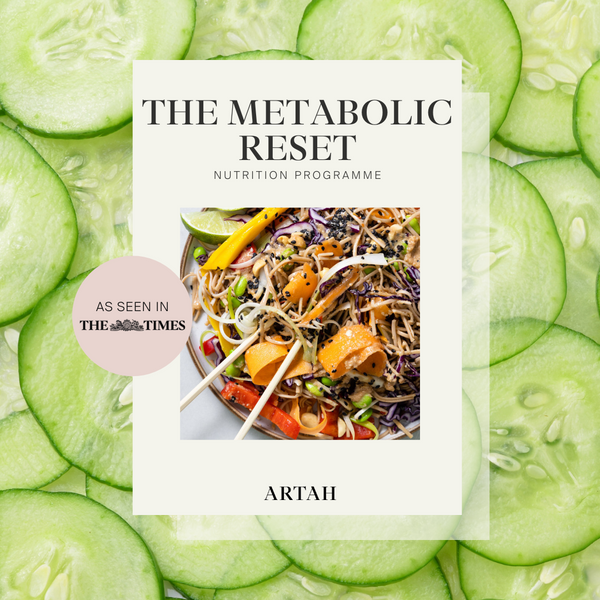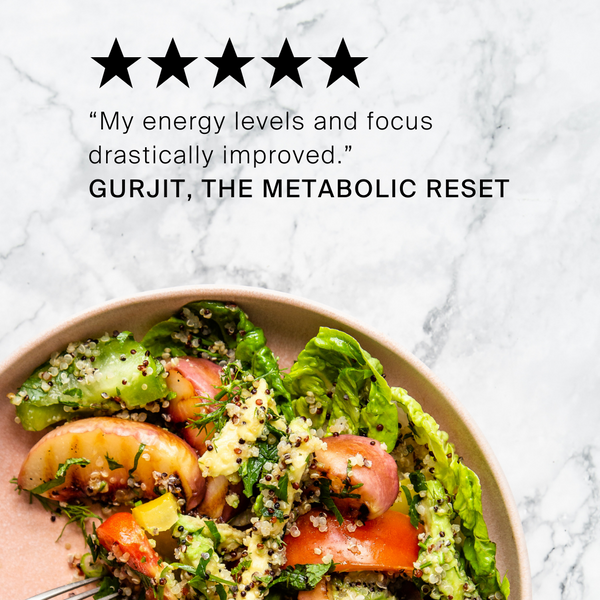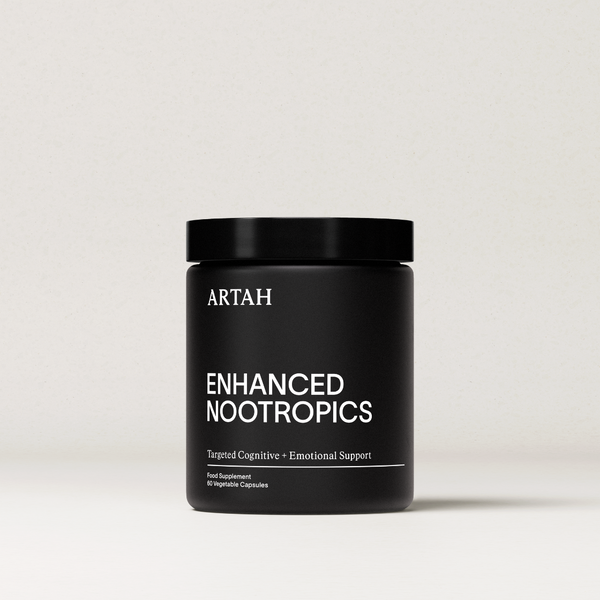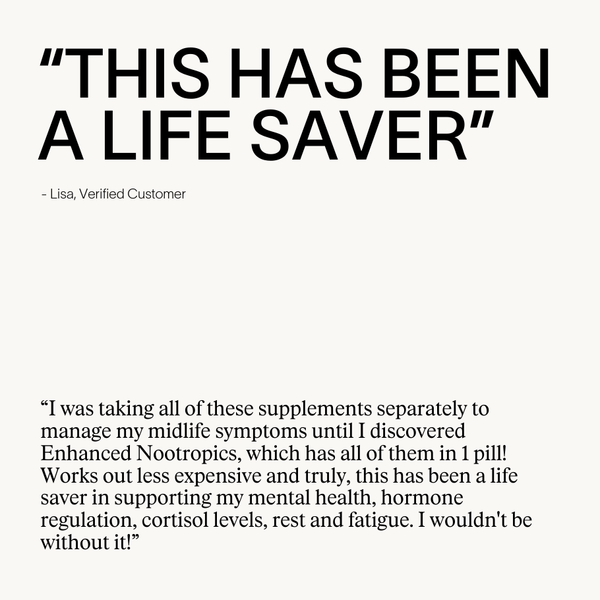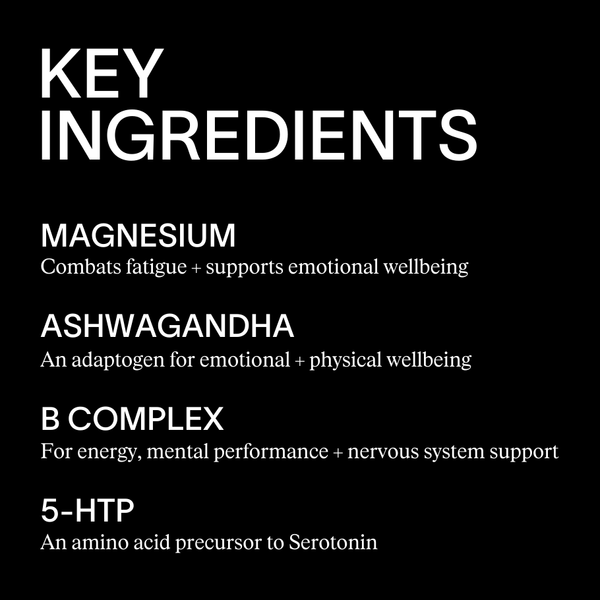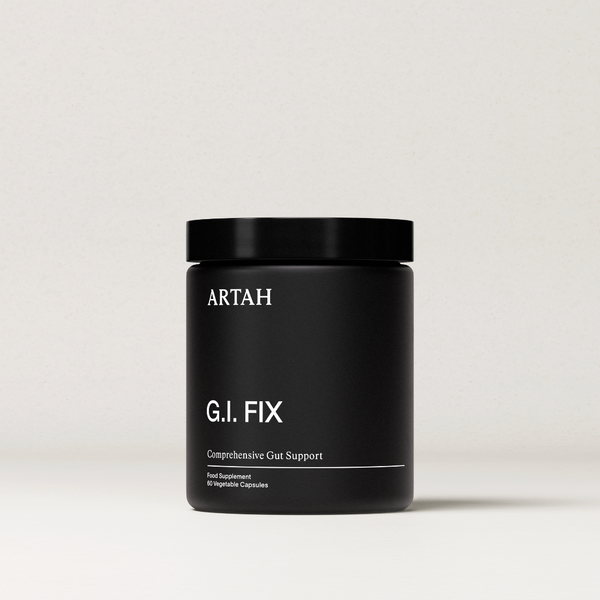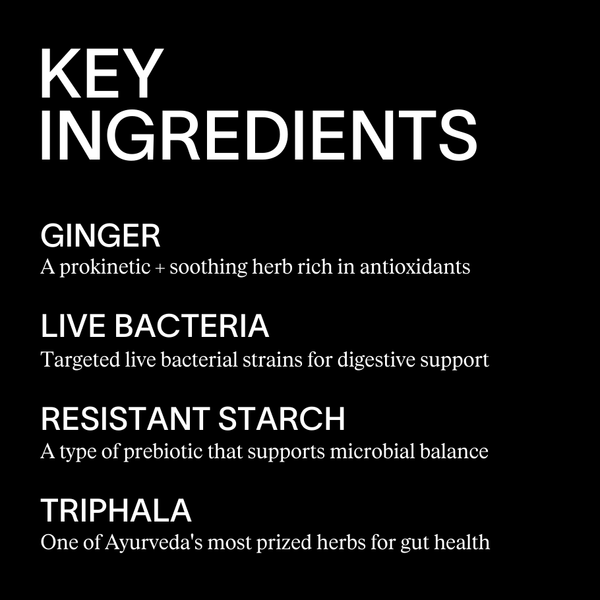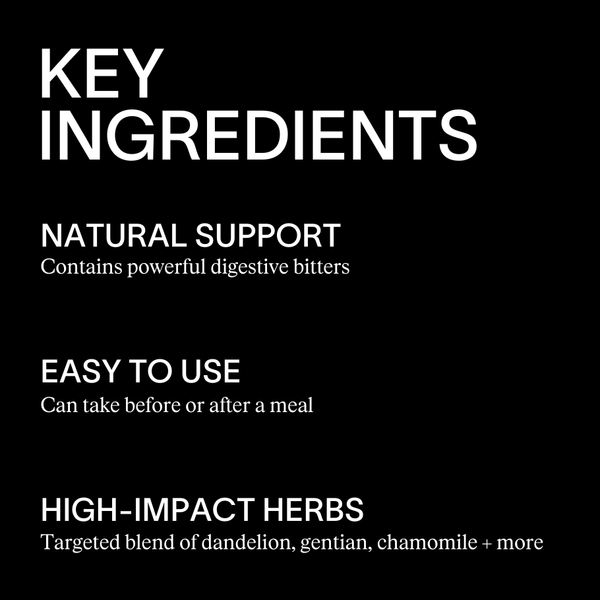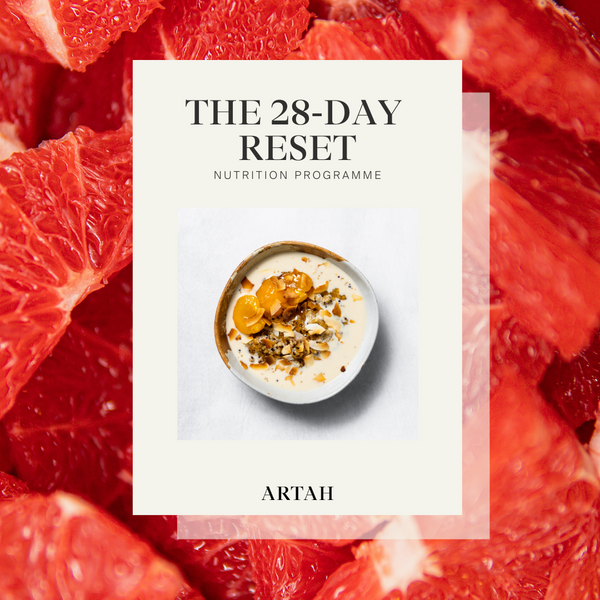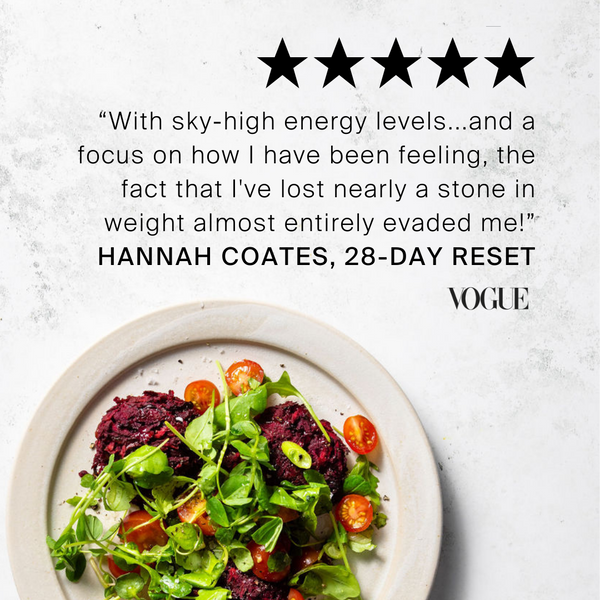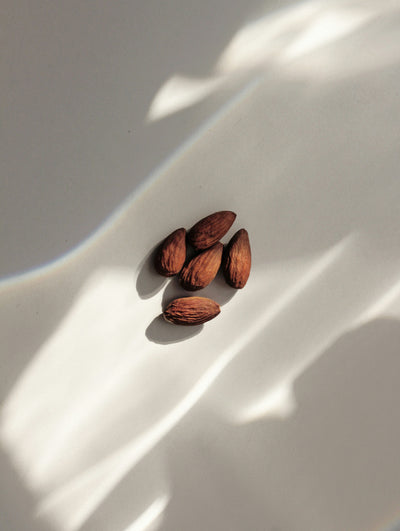Electrolytes are probably best known for their use in sports drinks (and maybe, as hangover helpers), but their benefits are far more extensive than muscle recovery.
They are also critical for brain health, cognitive performance, energy production, mood regulation, and blood sugar balance.
Sodium, calcium, magnesium, potassium, and chloride are our main electrolytes, and whilst most of us are getting enough sodium, studies have shown that a huge proportion of the population doesn’t get enough of two of these essential minerals. Read on to learn more about these powerhouse nutrients.
How they work
Electrolytes are minerals that carry a positive or negative charge when they’re dissolved in water, and as our bodies are about 60% water, nearly every fluid and cell we have will have electrolytes. They are vital to many key functions in our body because they regulate chemical reactions, maintain proper fluid balance, are involved in muscle contraction, and are critical to our nervous system. We absorb electrolytes through food and drink, and we lose them through sweat, urine, and bowel movements. For everything to function optimally, we need the right balance of electrolytes, so if any part of this system becomes skewed (for example heavy sweating, diarrhoea, insufficient intake, low carb diets etc.), then an imbalance can occur. When our electrolytes are out of whack, it can cause a variety of pesky symptoms. In fact, fatigue, anxiety, lack of concentration, poor energy, muscle cramps, headaches, cravings, PMS, poor athletic performance and poor sleep can all be pointing towards a lack of essential electrolytes. What’s even more compelling is their potential benefit in long-term cognitive health; recent studies have shown that potassium and magnesium levels may improve cognitive performance in both dementia and Alzheimer's.
How can electrolytes affect so many parts of our metabolism? Here are just some of the processes that can’t function properly without adequate electrolytes.
- Sodium – Fluid balance, muscle contraction, and nervous system function
- Potassium – Heartbeat, blood pressure, muscles and nerves, protein synthesis and carbohydrate metabolism.
- Magnesium - Energy production, blood sugar control, muscle contraction, nervous system function, blood pressure, protein synthesis and carbohydrate metabolism.
- Calcium - Muscle contraction, transmission of nerve impulses, blood clotting, and hormone secretion.
Here’s the kicker – it's believed that upwards of 40% of adults aren’t getting enough magnesium and potassium to meet their requirements, and with these being some of the most important electrolytes for our energy, mood, and nervous system, it’s no wonder that we’re feeling tired, stressed and overwhelmed.Magnesium
Magnesium is needed for at least 400 reactions in the body, with some literature suggesting that this number may be closer to 600. Either way, this is one of the most essential minerals to focus on if you’re looking to improve energy, mood, and optimise metabolism. The RDA or NRV is around 400mg for adults, however, this number has been widely critiqued as of late. It looks like a more exact way of assessing requirements is by adjusting for body weight, and the American Journal of Clinical Nutrition has suggested that 7mg-10mg per kg of body weight is a better way of working out how much you need, which represents a massive increase in what was previously thought to be adequate.
- When you need more: Excess protein, physical activity, low carbohydrate/keto diets, alcohol, excess sugar, stress, caffeine, pregnancy, breastfeeding, and excess dairy can all increase our requirements for magnesium.
- Symptoms you may notice: Insomnia or sleeplessness, muscle spasms, anxiety/irritability, fatigue, cravings, weakness and more.
- Where to find it: Pumpkin seeds, almonds, spinach, cashews, peanuts, soy, black beans, potato with the skin on, oats, edamame, avocado, brown rice, buckwheat, salmon, and halibut.
Potassium
Potassium is as important as magnesium, and whilst it doesn’t get a lot of attention, most of us aren’t getting enough. Potassium is often lost through our digestive tract from things like laxative use, vomiting, diarrhoea, the use of certain medications (penicillin, glucocorticoids, insulin), and even artificial sweeteners like mannitol.
- When you need more: Caffeine, alcohol, exercise, excess sugar, anxiety/stress, low carbohydrate/keto diets, pregnancy, breastfeeding, and a diet high in unhealthy salt/sodium levels – as found in ultra-processed foods – can all increase our requirement for potassium.
- Symptoms you may notice: Lack of concentration, constipation, fatigue, increased urination, heart palpitations, and more.
- Where to find it: Dried (unsweetened) fruit, beans, lentils, potatoes, squash, greens, spinach, broccoli, beet, avocado, banana, tomatoes, and fish.
Try this – Cellular Hydration
Cellular Hydration is our answer to sub-optimal electrolytes. It boasts magnesium and potassium, as well as calcium, vitamin C, and stress-reducing maca to help give you the instant benefits of electrolytes and longer-term support from adaptogens.
Consistently rated 5* by customers, Cellular Hydration is our best-seller, and was awarded 'Best for Energy' by Tatler in 2024. Perfect for men and women alike, our potent blend is sugar and sweetener-free, and costs less per serving than all three of the alternative brand we tested. Try it today.

This article is for educational purposes only and the implementation of the theories and practices discussed is at the sole discretion of the individual. All advice given is not a substitute for medical advice, diagnosis, or treatment. If you have any concerns about your health, you should speak with your physician.




